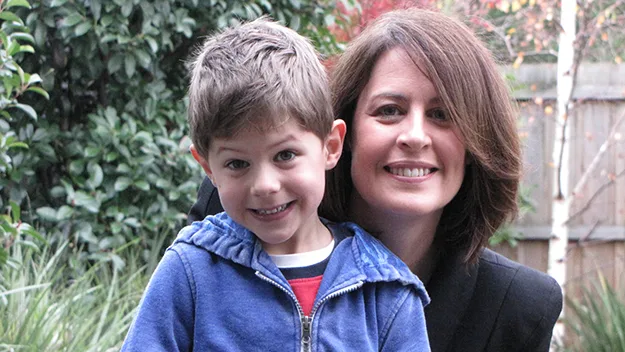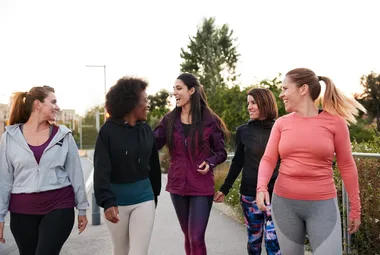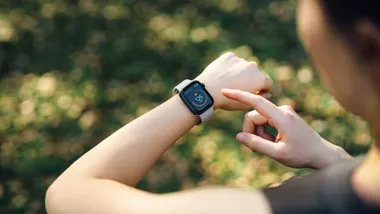Stephanie Kay was still a teenager when something in her gut just didn’t feel right, leading her straight to her GPs office. “I started having stomach cramps and a change of bowel habits. My GP tested me for intolerances, put me on elimination diets… the lot,” she says.
“I kept getting sick, I was finding it hard to stand up at work as the cramps were so intense.”
Her doctor ordered a colonoscopy and endoscopy, and without health insurance, Stephanie was forced to wait 18 months to get in to a clinic. “I just wanted to get the tests done, but there was no way I was expecting bowel cancer. Honestly, I didn’t know young people could get it…I thought I would have a more age appropriate disease.”
Stephanie had 40 polyps in her bowel, where the average 21-year-old would have none. Two days later Stephanie’s diagnosis was confirmed.
“I remember getting the call while at uni with a friend, and I just cried and cried and cried. But then I had to get my head around what was happening next.”
Stephanie had her large intestine removed, and a replacement bowel was made from her small intestine, and she needed to wear an ileostomy bag for six weeks after the operation.
“It took me a good year for me to feel better more often than worse. Waking from surgery I felt like I had been run over, and I hated my physio for making me get out of bed. Now I am cancer-free, only because I went to the GP and demanded tests. It might be uncomfortable, but talking about your poo could literally save your life.”
Talking about poo is something Steff Bansemer-Brown is happy to do, if it means others recognising symptoms she brushed off. “We need to talk about our bums! Yep, it’s icky, but I consider myself intelligent and well-read and I had no idea that I might have bowel cancer,” she says.
Steff, of Melbourne, was juggling a busy career as a marketing and PR executive, as well as mothering her toddler son, when she noticed a change in her toilet habits.
“I had blood in my stools, and mentioned it to the doctor who dismissed it as haemorrhoids. Luckily I mentioned it to my sister, who urged me to go back and ask for a colonoscopy.”
Having lost her own Mum to ovarian cancer, Steff’s thoughts upon diagnosis turned immediately to her young son, “I had watched my mother get sicker and sicker, then die, all within a six month period. I felt utterly devastated that the same could happen to me, that I wouldn’t be there to see my baby grow up, get married,” she says.

Steff Bansemer-Brown with her son, Angus.
Steff had surgery, followed by 12 courses of chemotherapy that made her lose her hair, and left her feeling exhausted after a year of treatment.
“There’s nothing like the possibility of death to make you face the important things in life, so strangely I am thankful for my bowel cancer for teaching me to appreciate what I have. I am less stressed these days, and while I love my work, it doesn’t define me like it once did.”
“People need to be aware of their own bodies, and take charge of them. Be empowered, and if something doesn’t seem right – get it checked, and double- checked.
For more information, visit Bowel Cancer Australia.











